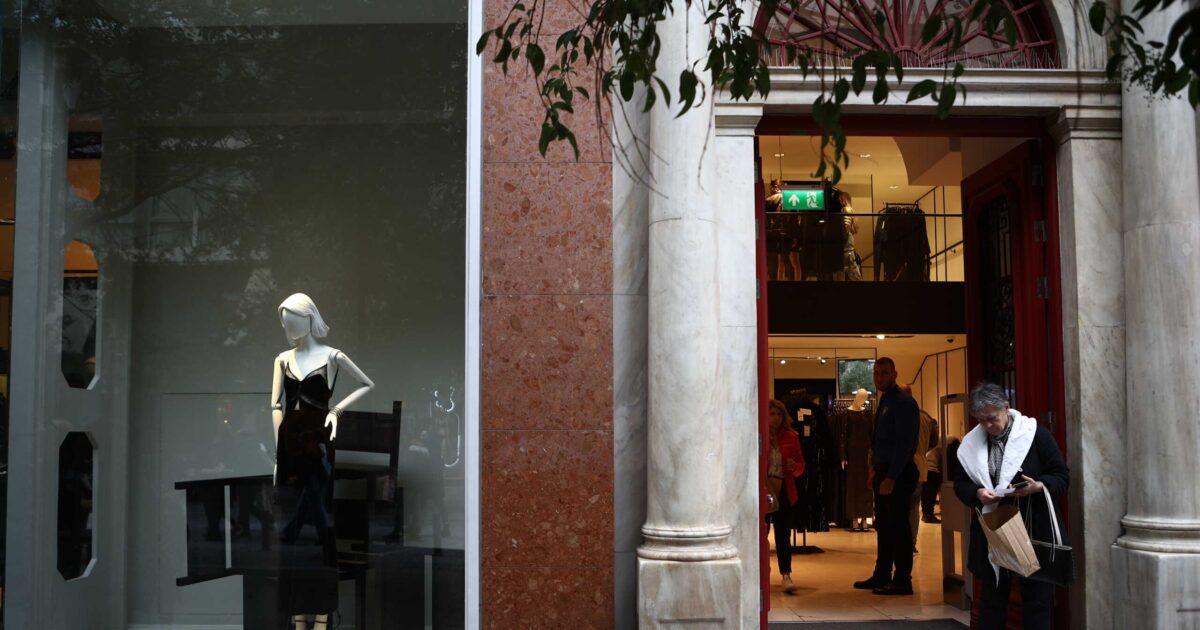In a series of many episodes the case of enforcement evolves client fee to short -term lease and the definition of “branches”.
The government incorporated the bill on the new Customs Code on Consultation, a provision for taxation of short -term Airbnb real estate leases, before the final decision of the Council of State (CoE). Specifically, it restores the business fee for those who manage a lot of real estate to legally shield the measure, while the resort of short -term real estate companies (STAMA) is pending.
The problem began when AADE, in 2023, imposed a circular of 600 euros per accommodation on those who exploit real estate through short -term leasing, considering each accommodation as a business branch and thereby multiplying the costs for owners. Stama appealed to the CoEarguing that The circular had no sufficient legislative basis and paralyzes the concept of ‘branch’since an apartment is not a functional unit of business with personnel or administration.
The second section of the CoE has accepted the appealtemporarily suspending the application of the circular, as AADE exceeded its responsibilities and the regulation was not published in the Government Gazette, which deprives regulatory validity. The court also ruled that the automatic simulation of each branch accommodation is legally incorrect and leads to a disproportionate tax burden.
The case was referred to the plenary of the CoE for a definitive crisis, expected in the coming months, probably in the fall or at the end of the year.
In order to avoid annulment of the measure, the government is promoting a legislative provision that restores the trade fee by law and not by a circular. Article 127 of the Customs Code bill explicitly introduces that the management of two or more real estate for short -term leasing is now considered a business, without the need for a separate business start. If one natural person has not made a start while managing such properties, EUR 500 per year is imposed.
In corporate or organized activities, there is an imposition of a fee per property, with a height of approximately 600 eurosthe details of which will be regulated by ministerial decision. The article is accompanied by provisions on the cross -checking of data with platforms (eg Airbnb), AADE and Land Registry, so that the measure is immediately and completely applied.
In this way, the Government ensures the continuation of the measure irrespective of the CoE decision (which concerns the circular for which the appeal has been made, and not the law under consultation), conveying the regulation into a legislative framework. It is noted that the plenary decision will not concern the new law of the government and will not be able to annul it, because the control of a circular is simply different from the constitutionality of a voted law.
Government sources, however, point out that the fee is not aimed at collecting money, but market regulation, trying to balance short -term tourism activity with the needs of the housing market. Despite the appeals and arrangements, the key question remains when an activity is considered “professional” to be taxed differently, with the final decision expected by the CoE plenary.
In his official announcement, Stama recalls that he has already recorded a first victory in the CoE, with the temporary suspension of the AADE circular and states that he will give the final justification in plenary. At the same time, he points out that it is considering the infringement of the new legislative provision if voted on and implemented without any provisions of exceptions or analogue burden.
